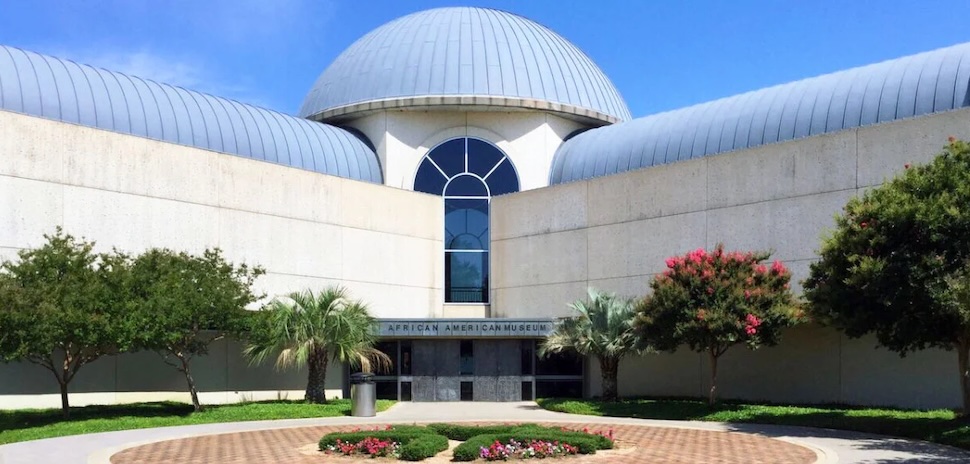
African American Museum, Dallas [Photo: Fair Park Dallas]
Major funding support from the State of Texas and Google has been awarded to preserve and digitize the extensive collection of The African American Museum, Dallas.
Located within Fair Park, the museum said the Texas Historical Commission has awarded it a $3 million grant, alongside support from Google, to launch a long-term commitment to safeguard the material collected by the museum over its 50-year history.
Making history accessible worldwide
“This investment is about more than just conservation,” Margie Johnson Reese, chief program officer of the museum, said in a statement. “It’s about making history accessible to a global audience. We are thrilled to work with the Texas Historical Commission and Google to preserve the works of art and the historical documents in our care. It is our responsibility to ensure that this irreplaceable material will endure to educate and inspire current and future generations.”
The museum said the funds will help enhance the accessibility of its collections and strengthen the museum’s role as a key resource for education and research for the Dallas community and beyond. The collection—spanning fine art, folk art, decorative arts, archival materials, and artifact—features work by renowned artists such as Romare Bearden, Clementine Hunter, Mose Tolliver, Rev. Johnnie Swearingen, among others, and archeological materials from The Freedman’s Cemetery.
The museum said that portions of the collection are currently stored in non-climate-controlled facilities, leaving them vulnerable to environmental damage. The funds will ensure the collection’s long-term survival while making it more widely available to the public, the museum said.
Google’s support for the project
“Google is committed to making a positive impact in the communities where we operate, and we welcome opportunities to support the sharing of powerful stories,” Traci Thomason, global community development strategy manager at Google, said in a statement. “By working with the African American Museum, Dallas, we’re proud to be part of the effort to ensure that this rich cultural history remains available to inspire and educate people around the world.”
The museum’s collection spotlights significant historical documents, including early Dallas-based African American newspapers and rare photographs and papers from influential leaders such as Juanita Craft, Mamie McKnight, and the late U.S. Rep. Eddie Bernice Johnson.
Among the highlights are 40,000-plus images from Sepia magazine, a nationally recognized photojournalistic publication that chronicled African American life and culture for decades, the museum said. The collection features images of government leaders such as Supreme Court Justice Thurgood Marshall and U.N. Ambassador and Atlanta Mayor Andrew Young; civil rights icons Dr. Martin Luther King Jr. and Malcolm X; and legendary entertainers including Aretha Franklin, Cicely Tyson and Ray Charles.
The African American Museum, Dallas, was founded in 1974 as a part of Bishop College and has operated independently since 1979.
Don’t miss what’s next. Subscribe to Dallas Innovates.
Track Dallas-Fort Worth’s business and innovation landscape with our curated news in your inbox Tuesday-Thursday.
R E A D N E X T
-
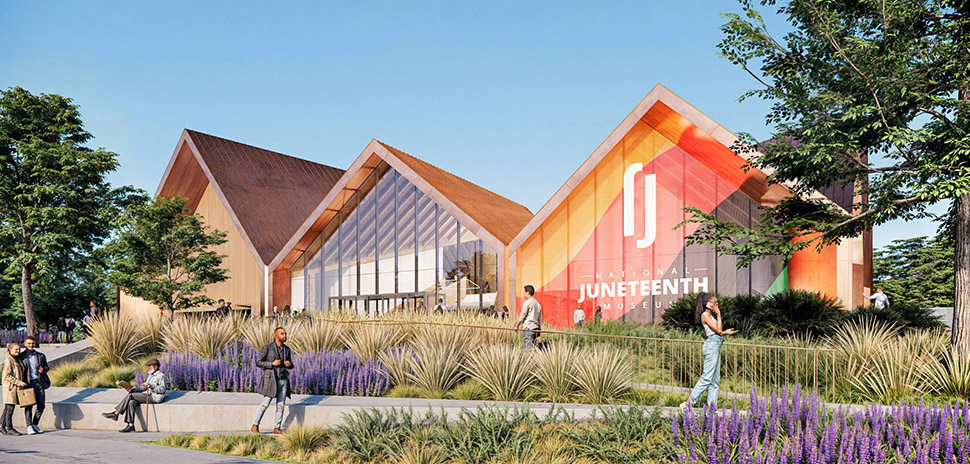
New architectural renderings by the Copenhagen-based Bjarke Ingels Group “reflects the resilience and richness of African American culture and aims to foster education, growth, and connection within the community,” the museum said.
-
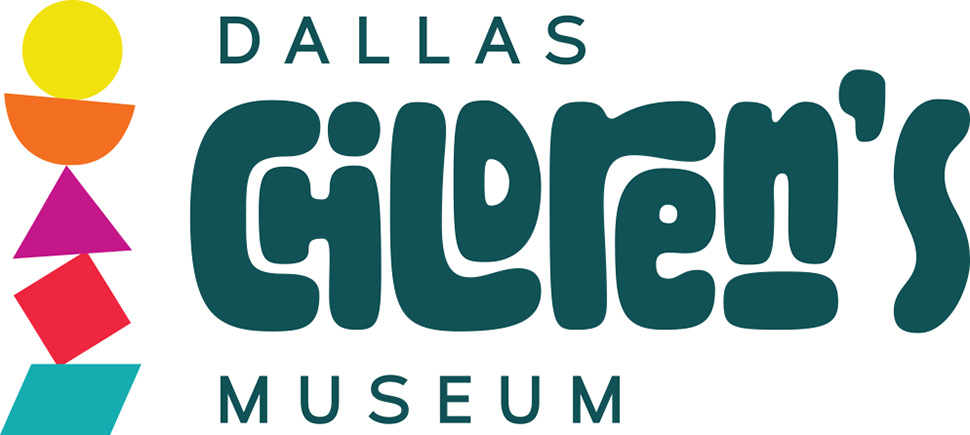
While the museum searches for the perfect spot in southeast Dallas, it’s making big plans for inspiring local kids. Through hands-on exhibits, creative programs, and deep community partnerships, it aims to spark something powerful through play—helping children discover how they can shape their world and make it better.
-
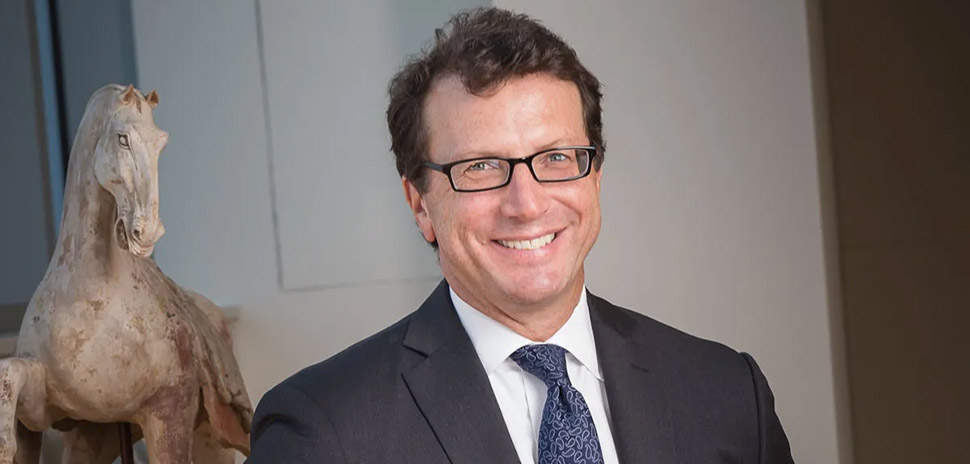
Brian Ferriso, who has led Portland Art Museum, known as PAM, for nearly two decades, will take the helm at the DMA on Dec. 1 as it enters a major transformation phase.
-
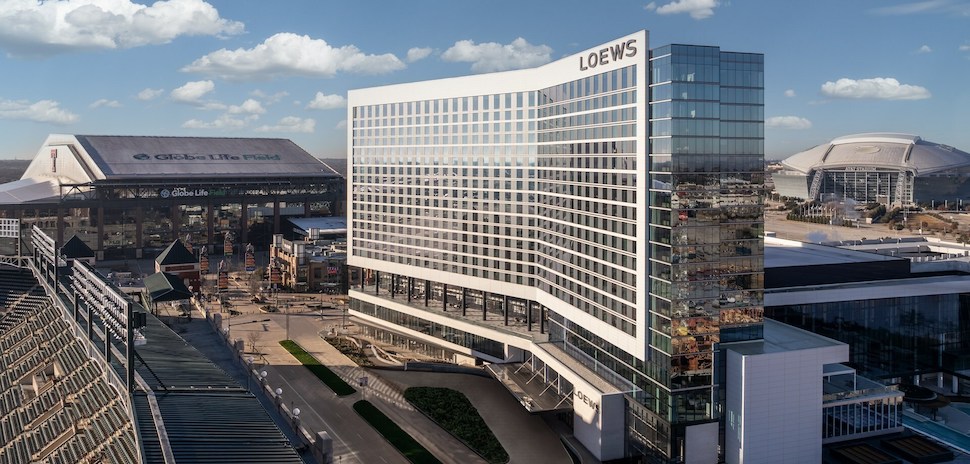
The Tech Transfer Showcase spotlights life science innovation at universities and strengthens the development of future leaders and entrepreneurs, BioNTX said. Here are the six university finalists who’ll be pitching at the summit.
-
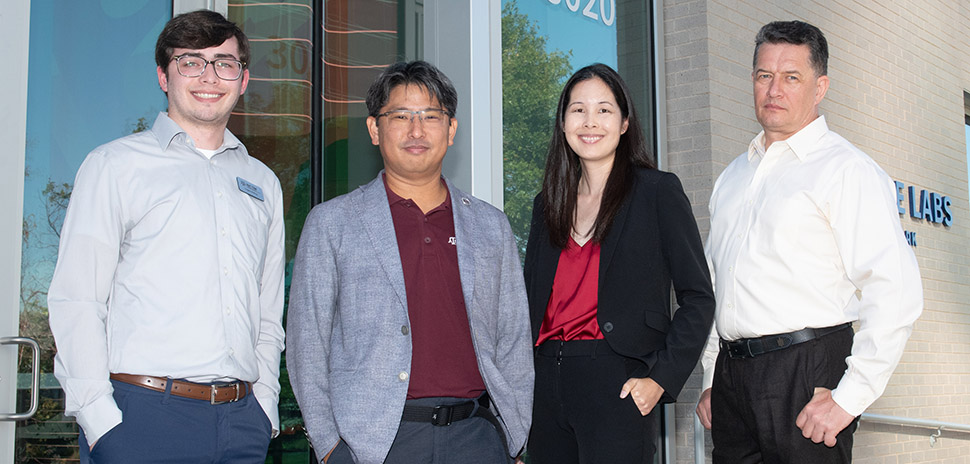
The new center at Bridge Labs will train the workforce powering North Texas’ biotech boom—helping startups speed therapies, vaccines, and breakthrough biologics from lab bench to patients. Funded in part by Lyda Hill Philanthropies, the National Center for Therapeutics Manufacturing Satellite Campus is set to open this summer.